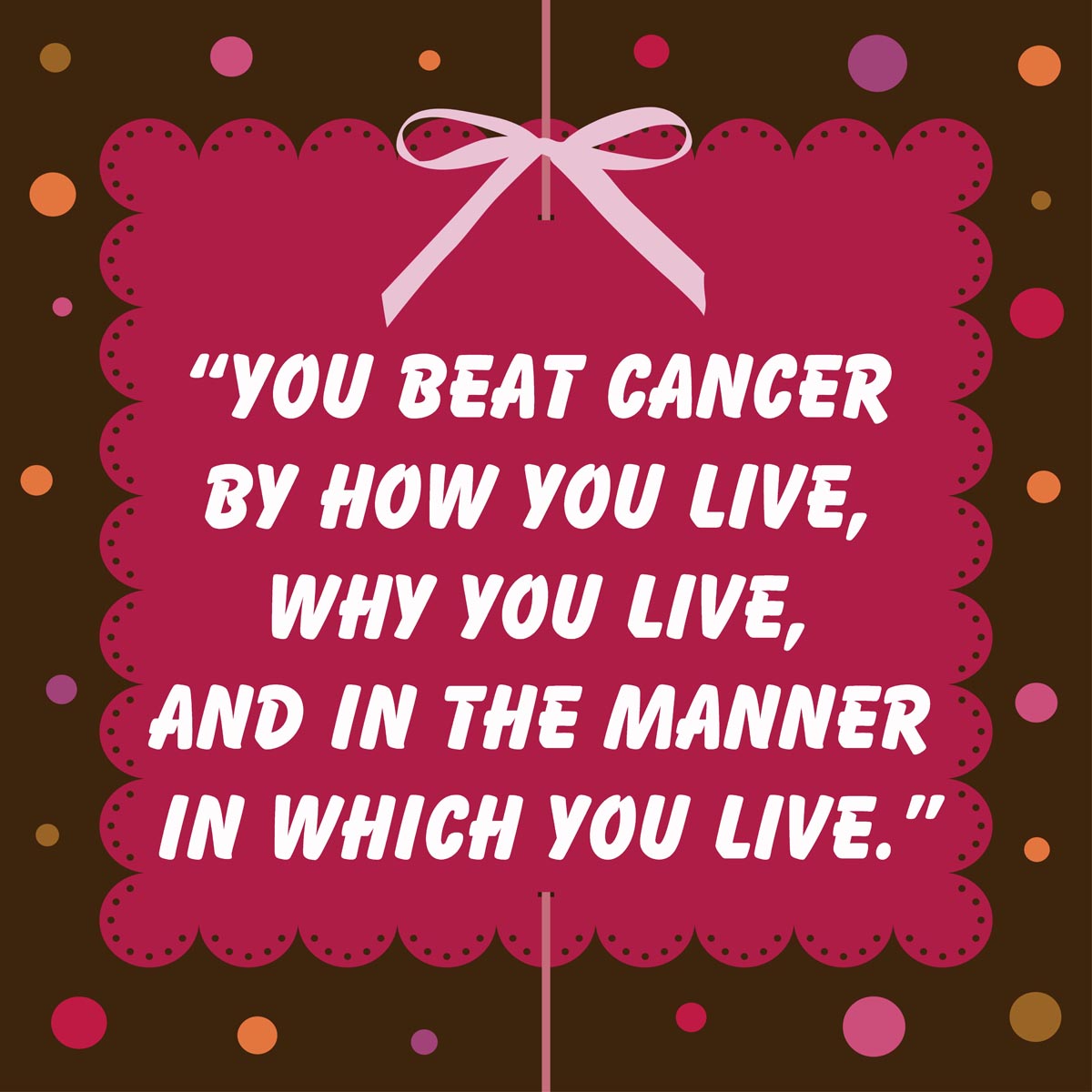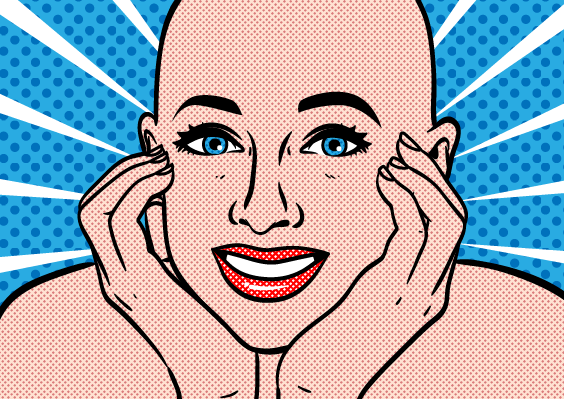Family and caregiver safety following chemo
Chemotherapy (chemo) leaves your body through your urine, bowel movements, sweat, tears, blood, semen, vaginal secretions and vomit. Body fluids that get on your skin or another's skin may cause damage. You can follow certain steps to keep you and others safe. follow these steps for 48 hours after you get chemo or as directed by your healthcare provider. I






